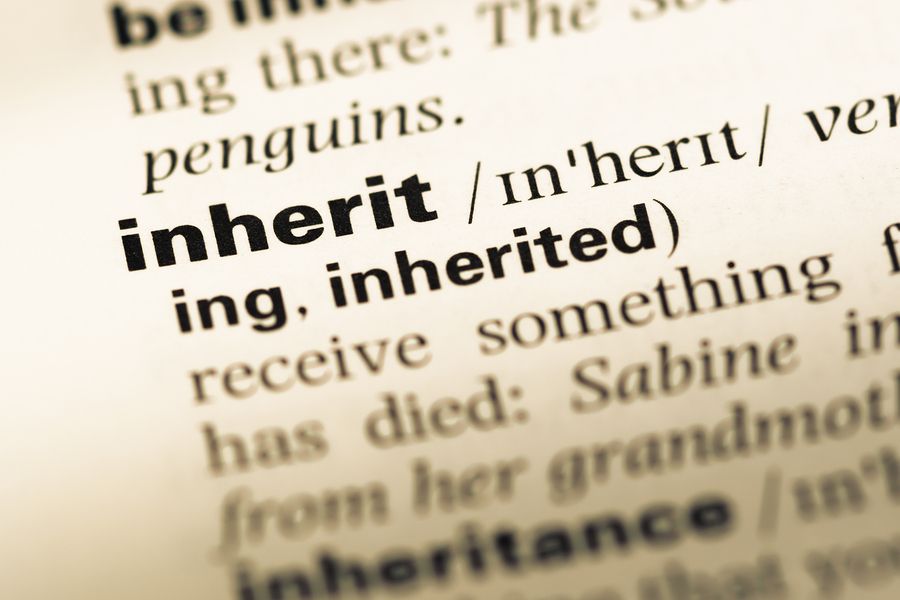At CCMI when we initiate a financial planning project for clients, we won’t necessarily ask the above question quite so bluntly. However, we do ask clients if their plan should be based on only their assets and earnings, versus including an inheritance of some kind.
The majority of times, the clients want to “do it ourselves and not count on our parents.”
This is not always the case among pre-retirees. The May 6, 2016 Market Watch article below, “Don’t Count on inheritances to save your retirement,” authored by Anne Tergesen addresses this topic extremely well:
Expecting mom and dad to help fund your retirement by leaving you an inheritance? Don’t count on it.
That’s one of the messages behind a new survey by HSBC Holdings PLC, the London-based parent of HSBC Bank USA.
According to the survey, 23% of pre-retirees would ideally like to spend all of their savings and let their children fend for themselves. In contrast, a mere 9% say they want to save “as much money as possible to pass on to the next generation.”
What’s behind the 14-point gap between those who want to spend it all and those who want to give as much as possible to younger generations?
Several things. Many worry that by giving money to their children they will “take away the drive of the next generation to succeed,” says Brian Schwartz, an HSBC wealth adviser. Still others anticipate that due to improvements in longevity, they may spend much of their savings along the way.
For many, though, the “spend it all” mentality doesn’t necessarily equate to a desire to spend it all on themselves. Mr. Schwartz says many people in or approaching retirement are interested in or practicing a “new approach” to estate planning that emphasizes giving away some money to the next generation while they are still alive. For some, the appeal is that they will get to see their children and grandchildren enjoy and benefit from their largesse. For others, it’s a way of testing the impact an inheritance will have on their progeny — in order to make adjustments if necessary. Still others want to give their money away while alive for tax reasons.
“There is already talk in Washington about reducing the estate tax exemption to the levels that were in effect in 2009,” says Mr. Schwartz. Currently, individuals can transfer $5.43 million* tax-free at death. A return to 2009’s level would mean the limit would revert to $3.5 million. “People recognize that estate taxes may go up” in the future, making it more palatable to give assets away now, he says.
The survey of 1000 Americans — 21% of them retirees — was part of a global survey of 16,000 people in 15 countries.
While the new approach to inheritance makes a certain amount of sense, it nonetheless comes with risks. In particular, giving away money before death now can leave you at greater risk for not having enough in later life.
The best plan, financial advisers say, is for families to talk — if only to establish realistic expectations.
Not surprisingly, many families are loath to discuss these issues. Adult children, in particular, aren’t eager to ask their parents about inheritances for fear of coming across as greedy.
Still, the survey indicates that working Americans have high hopes for inheritances — perhaps too high, according to Mr. Schwartz. According to the survey, almost half expect to receive an inheritance. Among them, nearly 20% are banking on an inheritance to completely or largely fund their retirements, while half say they expect to receive enough to provide them with some support in their later years.
While some may have good reason for their expectations, many others are likely to find that they won’t be getting nearly as much as they had hoped, says Mr. Schwartz.
In an era of low interest rates, volatile financial markets, expanding longevity, and rising costs for health and long-term care, parents may find that they need every penny for themselves. Indeed, thanks to medical gains, a 65-year-old man has a 60% chance of living to age 80 and a 40% chance of reaching 85. For women, the odds are 71% and 53%, respectively. All of this has made the 85-and-over age bracket the fastest-growing segment of the population.
“People are putting their future finances at risk by relying on an inheritance from a retired loved ones, as this may not always be forthcoming,” says Andrew Ireland, head of premier banking at HSBC.
*The 2016 estate tax exclusion amount is $5.45 million.
CCMI provides personalized fee-only financial planning and investment management services to business owners, professionals, individuals and families in San Diego and throughout the country. CCMI has a team of CERTIFIED FINANCIAL PLANNERTM professionals who act as fiduciaries, which means our clients’ interests always come first.
How can we help you?





